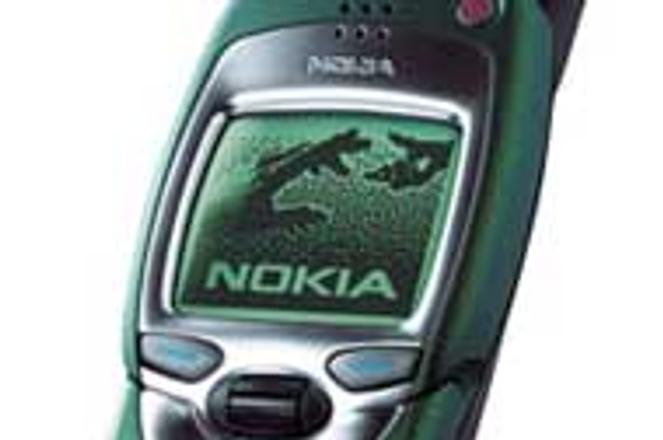WAP technology is set to revolutionise Internet access.photo: Courtesy of Nokia
Just when Slovaks were starting to get comfortable with the idea of computers and the Internet, a new piece of technology which is cheaper, handier, and more revolutionary in its possibilities is set to spring onto the market.
Representatives from the Finnish telecom giant Nokia say that WAP, or Wireless Application Protocol (a new technology which allows specially-equipped mobile phones to access modified websites) will rapidly surpass the use of Internet access by computers.
Currently, WAP accounts for 7% of mobile phone turnover in countries where the service is available. In three years, Nokia predicts there will be 600 million mobile phones globally compared to only 400 million PC's. As mobile-phone market penetration increases, the firm predicts, so too should WAP usage.
Although banking, "chatting", and info-seeking on WAP currently resemble more primitive versions of the same Internet activities, Nokia executives and entrepreneurs foresee a time when their customers will order (and pay for) movie tickets from a street corner, get directions while driving in a foreign country, and play black-jack (with real money) while waiting for a cab.
Despite the high potential of the new technology, there are still questions over how eagerly the Slovak market will embrace WAP. While the market for mobile telecommunications has exploded throughout Slovakia and the whole of central Europe over the last few years, Nokia and its potential WAP competitors face obstacles in gaining access to the Slovak market, as neither of the current operators [EuroTel and Globtel] offer the product.
On March 30, Nokia officials held a press conference in Bratislava with hopes of drumming up interest for WAP in Slovakia. But when asked what other measures were being taken to promote the new technology, one company representative frustratedly said: "How can we promote something when neither operator is providing it yet?"
Eurotel and Globtel, have both since sad that plans are in the works to bring the service to the Slovak market, although neither one gave a time frame more specific than "the future."
Behind the race to see who provides the service first in Slovakia is the intrigue of how the specifics of WAP will come to fruition. Much like the Internet almost a decade ago, no one knows exactly what domains will be controlled by whom.
Chip Schenck, vice-president of marketing and sales at Globopolis.com, a Prague-based company that has already adapted its Internet business to the WAP market in the Czech Republic, said the battle will be fought on three fronts.
"Number one, the mobile phone portal battle. Whoever gets the most content will win, but will it be GSM, Yahoo, or a completely new player? Two, the browser war similar to that of Netscape and Internet Explorer. Will it be burned into the telephone? And three, who will provide all the local services?"
However, before anything begins, at least in Slovakia, it remains to be seen whether customers will take a shine to the new technology. Although cheaper than buying a computer, WAP-capable phones are still at the high end of the price scale for many Slovaks. Nokia's 410 mobile phone currently retails in Bratislava for 10,000 Slovak crowns ($233). Furthermore, besides the obvious limitation of a mobile-phone sized screen, there is the added question of whether Slovaks will want a 24-hour a day, geographically unfettered electronic link to the rest of the world.
"I wouldn't buy a mobile phone just for this service even if it were cheaper," said Zuzana Oravská, a 25 year-old co-ordinator at the Open Society Foundation in Bratislava. "I have other recourses, such as my computer at work."
But even if WAP doesn't catch on in Slovakia from the outset, it seems certain to do so - especially after word about the technology has time to spread, prices drop, and services expand.
Ivan Debnár, the director of Slovakia's largest Internet search engine, Zoznam, said that the advance of modern technology would make it almost impossible for people with mobile phones not to use WAP.
"In five years every mobile phone will have WAP access," he said. "As Slovaks with mobile phones - and there are a million of them - trade in their old ones for new ones they will automatically be equipped to use the service. Why wouldn't they use the new technology?"


